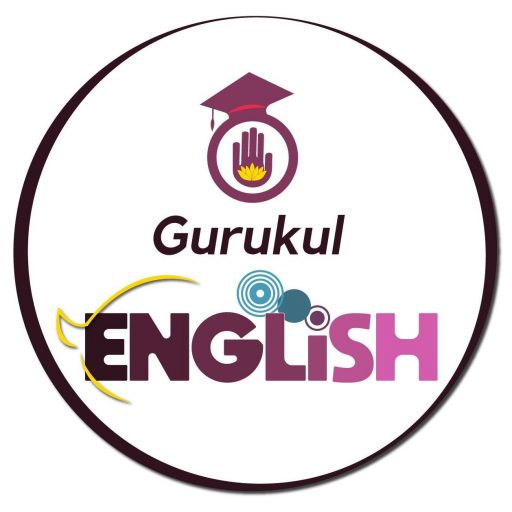Knowledge, Skill and Attitudes – Good Citizens This class is about “Knowledge, skill and attitudes”. “Knowledge, skill and attitudes” is part of Lesson-2, of Unit-1 (Good Citizens) of SSC English 1st Paper. This book is a lesson of English Today at SSC. That means the “Knowledge, skill and attitudes” class is useful for students of Class 9 and Class 10.
Knowledge, Skill and Attitudes – Good Citizens
1. Discuss in groups the possible answers to the following question. Then read the text in B and answer the questions.
What else do you need in addition to food, shelter, and company to become a good citizen?

1. Read the text.
To be a good citizen, you have to prepare yourself to do good work in society. Well, then how can you prepare yourself?
First, you need knowledge. Today’s society is knowledge-based. Without having modern sciences, technologies including ICT and other necessary subjects, you will have difficulty living a good life.
The other areas you, as a good citizen, should have knowledge about are:
our country, its constitution, geography, and people
our state, its executive and legislative powers
our judicial system
our government and its structures and functions
our history, cultures, traditions, literature, moral values, and religions
our socio-economic activities and educational system
Second, you need skills to do things. Knowledge is not enough. You must be able to apply your knowledge to do things practically.
Finally, knowing and doing things will bring about a change in your behavior towards others. This behavioral change will show your attitudes towards others, that is, it will show how you think and feel about a person or thing.
Let’s take an example. Suppose you, as a student, need to know about `group work’ in the classroom. So you ask yourself or your teacher or anybody, “What is group work?” Or you may find out about it in a book. In this way, you can know, or you may have the knowledge, about group work: To do group work. the class has to be divided into groups.
Each group is to do some tasks given by the teacher or in the textbook. The group members will discuss and share ideas and points, and finally, one member will write the answer. All this is knowledge about group work.
Then you start working in groups. In each group, you take turns discussing points, answering questions, etc. In this way, you actually do the task. Your teacher may monitor and help you to do the work.

Lastly, through regular group work, it is expected that there will be noticeable changes in your behavior. Possible changes are:
You will develop the attitude of freely mixing and talking with your classmates and teacher.
Your shyness will gradually disappear.
You will develop the attitude of helping and cooperating with each other.
You will learn to behave in a democratic way.
Most importantly, these behavioral changes taking place in you inside the classroom will be carried over outside the classroom, in real-life situations.
1. Suppose you have learned at school how to make your drinking water safe & when and how much you should drink it in a day. Now write what changes the knowledge and skills from this lesson can bring about in your behavior.
1. Read the text below. Then discuss with your partner and write K (if the text is knowledge-based) S (if the text is skill-based) or A (if the text refers to attitude) against each text.
- Abraham Lincoln, a former president of the United States, advocated a “Government of the people, by the people, and for the people” This means that the people have the right to control their government.
- Two students are making a kite with colored paper, sticks, glue, and string.
- Tisha’s room was always messy. She could not find things easily. Recently she visited her cousin Ritu in Chittagong. She saw that Ritu’s room was very neat and tidy. Everything was exactly in its place. Ritu could instantly find what she wanted. After getting back home, Tisha spent a whole weekend making her room well organized.
- “It is the duty of every citizen to observe the constitution and laws to maintain discipline, to perform public duties and to protect public properties.” (The Constitution of The People’s Republic of Bangladesh)
- Students in pairs are acting out a dialogue in a class.
- Mouli is back from school. She is very hungry and looks exhausted. “What’s wrong, Mouli?” asks her mother anxiously. “Don’t worry, Mom. I’m OK. I just didn’t have my tiffine today.” “But why?” “Our peon died this morning. With other students, I gave my tiffin money to the widow.”
- The students of the physical education class are practicing stretching exercises in the schoolyard.
- The affairs of Dhaka City were run by the Dhaka Municipality until 1978 when the city came under the Dhaka City Corporation.

Details about Knowledge, Skill & Attitudes – Good Citizens – English Grammar :
